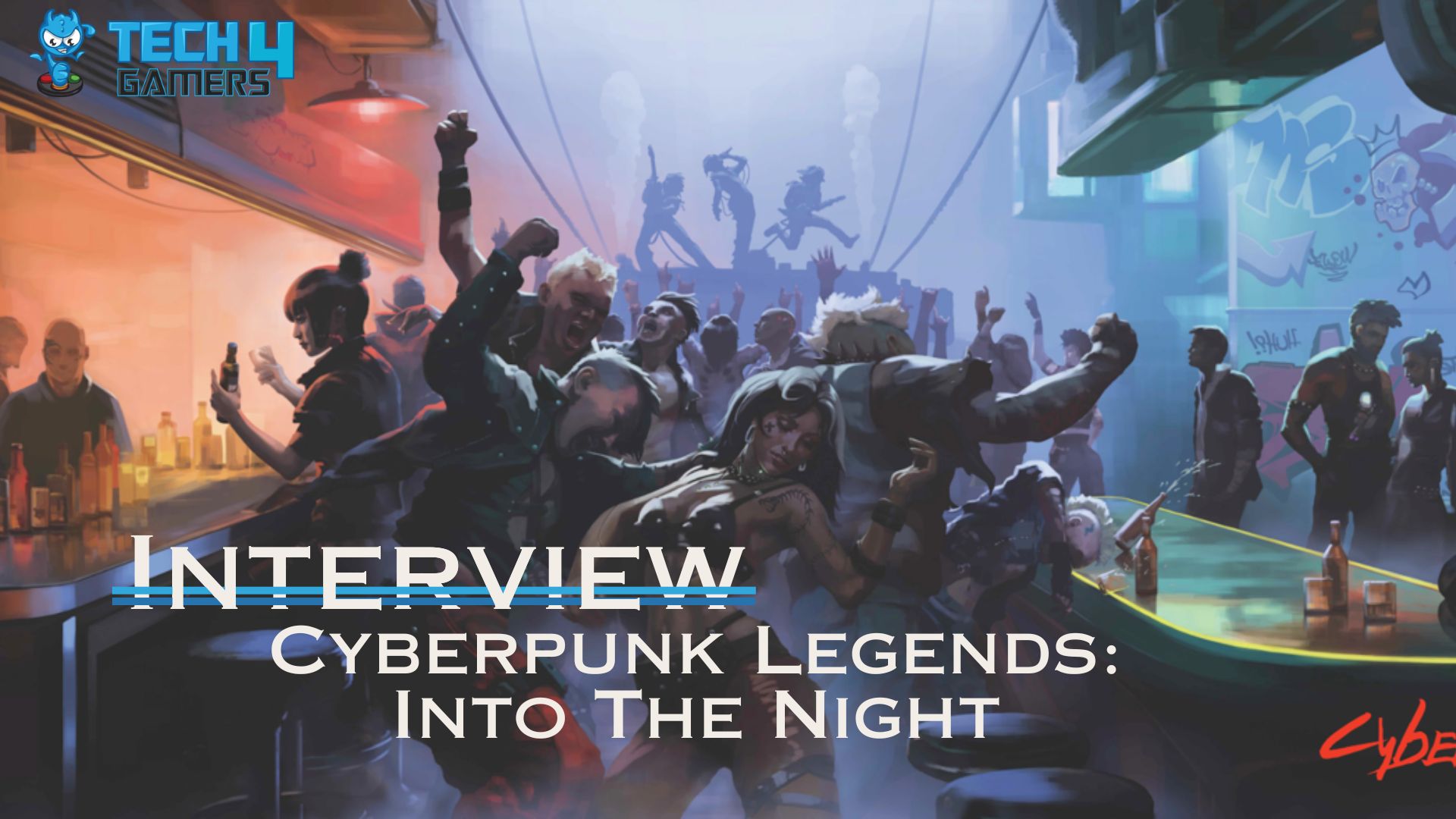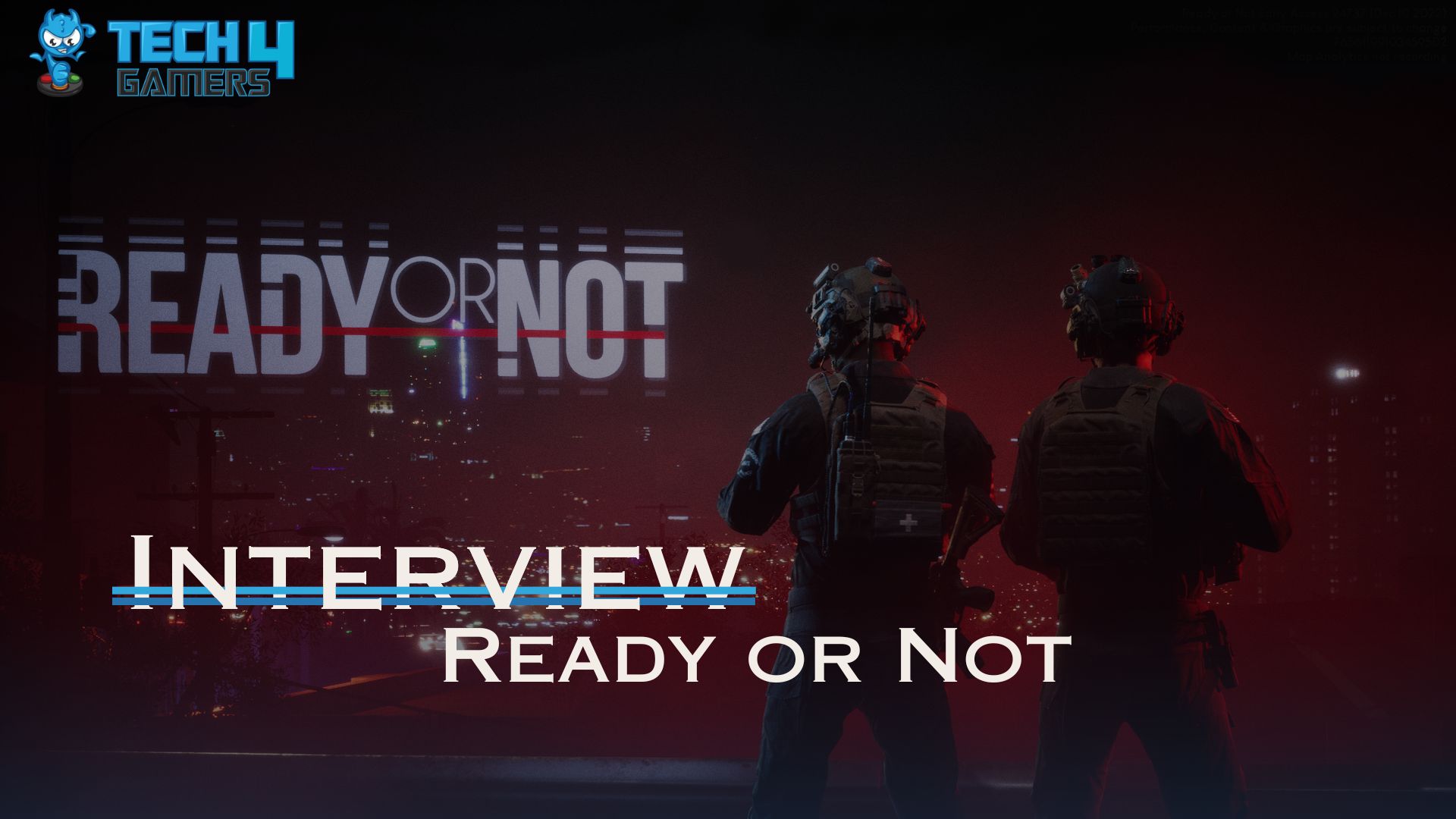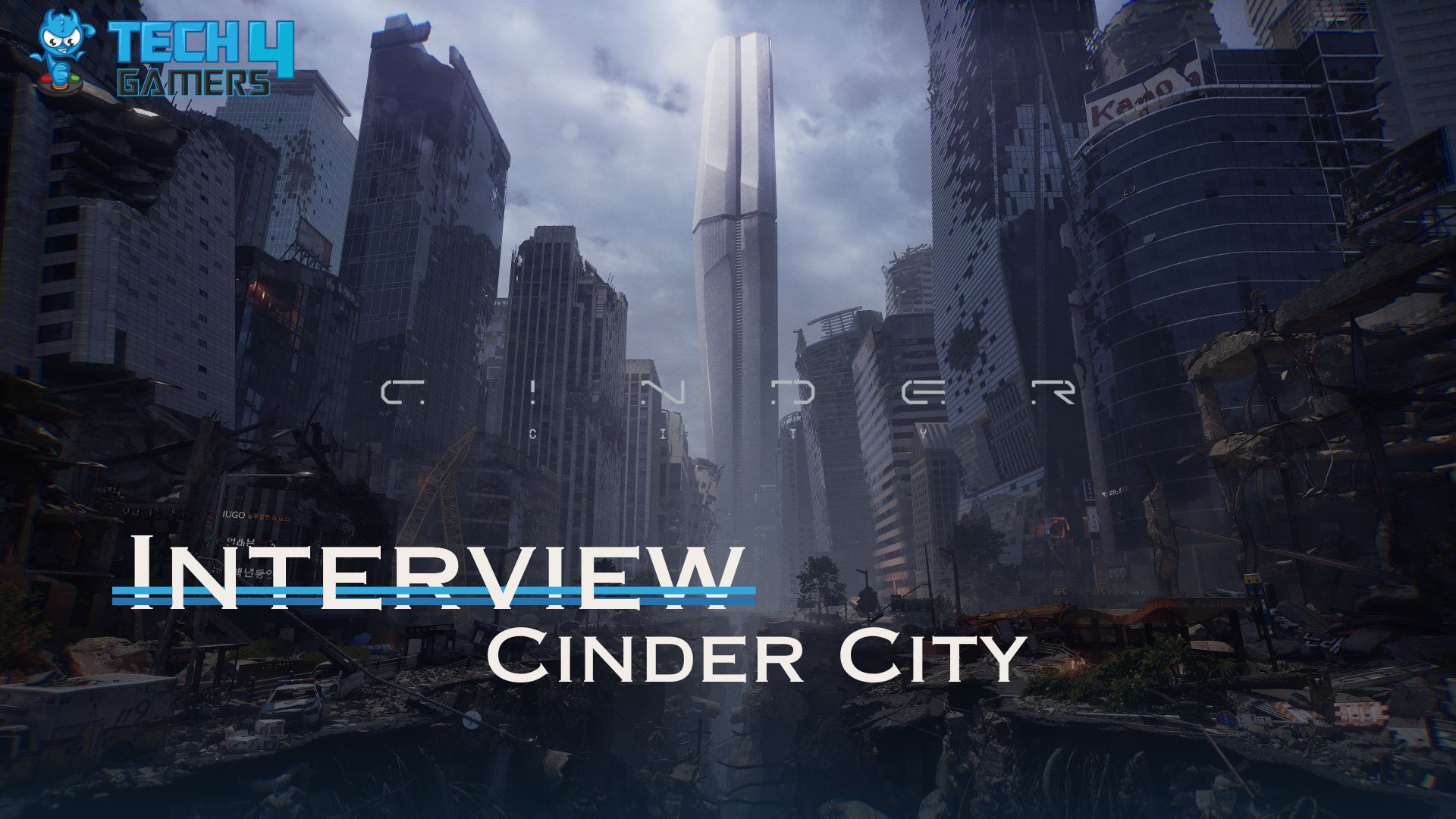- Hellfront Honeymoon focuses on all-out mayhem with a combination of strategy and top-down-shooter gameplay.
- The game recently received online multiplayer, further improving the experience.
- We discussed Hellfront Honeymoon with SkyGoblin’s founder, going over elements like the online mode, the community’s recent feedback, and more.
Hellfront Honeymoon is part strategy game and part run-and-gun top-down shooter. Add a brilliant art style into the mix and you get one of the most engaging indie experiences out today.
Developer SkyGoblin initially launched this title all the way back in 2018. However, with updates still arriving today, Hellfront Honeymoon has a lot more to offer than you might expect.
Following the addition of online multiplayer, we recently got the opportunity to chat with SkyGoblin founder Mathias Johansson. During our interview, we discussed the future of Hellfront Honeymoon, potential new projects, and more.
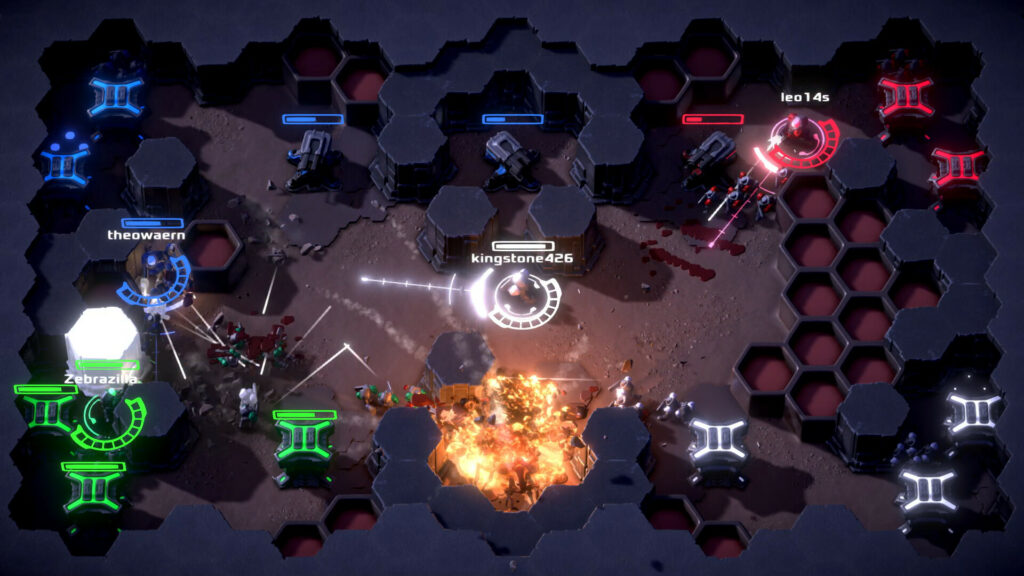
Mathias: My name is Mathias. I am a programmer, and I have been making games in one way or another since I was young. I started an indie game studio called SkyGoblin together with a bunch of friends almost twenty years ago.
Hellfront Honeymoon is the last game we released and it’s currently out on Steam, Playstation, and Xbox. It is a pretty unique type of top-down shooter that combines elements of RTS base building and run-and-gun action.
Mathias: It was a spur-of-the-moment kind of thing. The first world you play in Hellfront was designed to look like a hive with hexagonal cells laid out like a honeycomb.
One of us, I don’t remember who started calling the world “Honeymoon,” and we all thought that hey, “Hellfront Honeymoon” has a nice ring to it. So it doesn’t really make much sense, but I still think it’s a pretty cool name.
Mathias: SkyGoblin has seen its fair share of ups and downs throughout the years. The team has been growing and shrinking at different times to roll with the changing tides and reality of the games industry.
I think a lesson learned is that big trends tend to come a few years apart (e.g., casual, mobile, MMO, VR, Multiverse, AI), and they extend the possibilities of what a video game can be. While there is a lot of money to be made if you position your company at the nexus of hype, there is also a risk that you lose focus on the strength and drivers of your studio.
Mathias: The past two years have been absolutely brutal. We’ve seen so many colleagues struggle, and sadly, some of them have been forced to close up shop. At SkyGoblin, we have always balanced internal projects with external work to keep ourselves afloat.
For example, for the past few years, I have been working with a startup called Coherence, where we create a new type of online multiplayer solution. The online mode for Hellfront actually started off as an internal gamejam project on Coherence, and then I just continued from there.
Meanwhile, Theo (who does the graphics on SkyGoblin) has been working part-time as a lighting artist at a game called Eriksholm. Working with other companies in the industry helps pay our bills. But it also gives us valuable experience from using new tools and techniques that we can then apply when we return to our own game projects.
Mathias: While the industry is finally seeing the potential of indie games, it is still not easy to get a good publishing deal. The competition is extremely tough, and publisher expectations are very high.
A publisher would ideally like your game to be a viral hit with thousands of wishlists even before they sign you. That means that you’ll have to put a ton of work into social media marketing from the very start – apart from making a game that really stands out.
But if you have a really good game idea, and if you have the time and know-how to develop it and show it off online, then the barrier of entry is lower than ever. You pretty much only need a computer and an internet connection. This is very different from how the industry worked when we started making games in the early 2000s.
Mathias: We’ve always liked to try new things, so we tend to switch genres and platforms every few years to learn new things. I never really saw switching genres to be something difficult; it is rather refreshing actually.
Having the flexibility to go in the direction that inspires you is a big perk of being fully independent. I think larger studios have more inertia because there is a higher cost to realign their pipeline, team, and skillset when switching genres.
One huge challenge when switching genres is that you risk losing a great chunk of your followers. There is very little overlap between point-and-click and RTS, and of course, players will expect more games in the same vein.
Luckily, most of our followers are sticking with us even as we try new things.
Mathias: Helldivers 2 is absolutely amazing, and the response it has received shows us just how fed up players are with the greedy business practices that have become standard in live service games.
I hope its success sends a signal to the board rooms where the future of video games is being decided. Stop trying to squeeze every last penny out of your customers and focus on making great games.
Mathias: At the time we designed Hellfront, we’d often hang out in the game studio after work hours, drinking beer and playing couch multiplayer games. We noticed there were not many titles to choose from on Steam, so we decided to make our own.
Since we’ve always been huge fans of Starcraft, it was a natural source of inspiration. But we wanted the gameplay to be far less complex and more action-oriented than a full-blown RTS. So, we experimented with different play styles until we found a core game loop that we really enjoyed.
Mathias: The one-screen approach comes naturally for local multiplayer games because you quite literally share one screen. Some games use dynamic split screen techniques that adapt the viewports as players move around, but we kind of prefer a good old static camera.
Towerfall was a big inspiration to Hellfront, as were Bomberman and Super Smash T.V., which use a similar perspective. I consider fixed camera perspective a creative limitation that can help guide the game design.
When you see the actual frame that the game will live inside, you know immediately what you have to work with.
Mathias: Online multiplayer was something we wanted to support from the start; we just could not afford the cost of implementing it. Multiplayer has always been this big scary boogeyman of game development.
It is a topic so complex that even experienced game developers often shy away from it. After the release of Hellfront, by pure chance, I started working as a network engineer at a startup called Coherence.
The promise of Coherence is basically top-tier, scalable multiplayer without all the hassle. So, last year, when we rolled out Coherence 1.0, I decided to test if it held up as we promised. It was basically me “eating our own dog food,” and I have to say it tastes delicious!
Mathias: Players are super happy with the online mode and have been very supportive even since we started beta testing.
The 4-player PvP mode, in particular, has been very engaging, especially with the new PvP leaderboard and skill system. It feels awesome to bring new life into the game and the Hellfront community!
Mathias: Yes, absolutely! Since the initial release of Hellfront, there’s been a global pandemic and a transition to working from home. For me, personally, I don’t meet my friends in person as often as I used to, especially since becoming a parent.
So, transitioning to online play has been a fantastic way for me to reconnect with friends and colleagues and have fun like we used to back in the day. This is definitely the direction we’ll want to keep going.
Mathias: Yes, right now, we are working on a new Team PvP game mode that is currently in beta. Team PvP has been the most requested feature by our players since online multiplayer.
We’re also considering to add new upgrades, weapons, and structures to the game. There are tons of more features and content that we’d like to work on, but right now, Team PvP is our main focus.
Mathias: We have a couple of things under wraps, but nothing we are ready to talk about right now 😉.
Mathias: I just want to give a big THANK YOU to all the players who are sticking around with us for all these years. Indie gaming is a big and lovely ecosystem of gamers, developers, streamers, and writers with one shared passion.
So, a huge thank you to Tech4Gamers for spreading the word and supporting indie games!
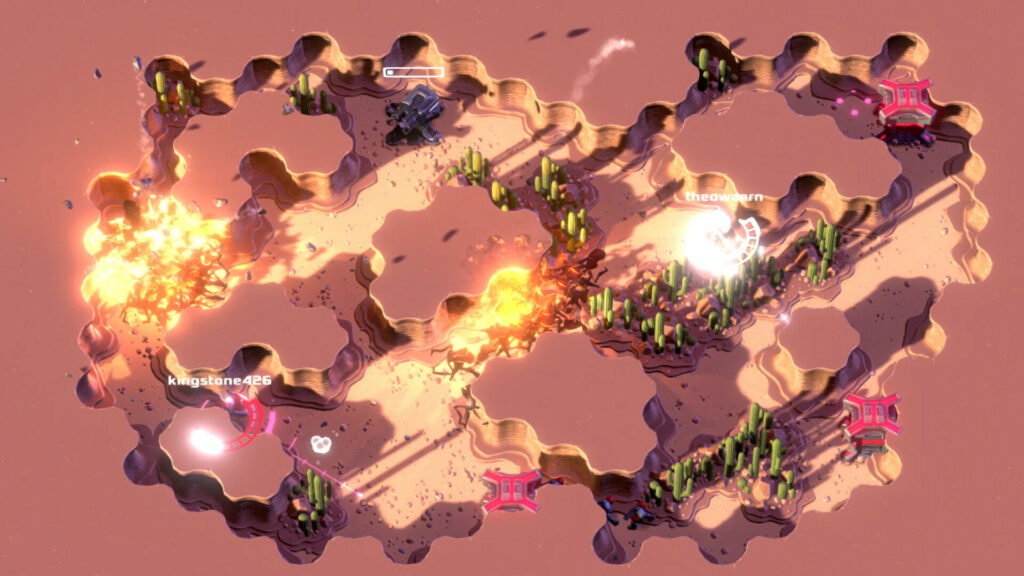
Thanks to the online update, multiple players can enjoy Hellfront Honeymoon from the comfort of their homes. There’s still more to come, so SkyGoblin’s journey with the game is far from over.
We’re certainly interested in seeing what the team does next and wish them all the best. We would also like to thank Mathias Johansson for conducting this interview.
Thank you! Please share your positive feedback. 🔋
How could we improve this post? Please Help us. 😔
[Senior News Reporter]
Avinash is currently pursuing a Business degree in Australia. For more than 5 years, he has been working as a gaming journalist, utilizing his writing skills and love for gaming to report on the latest updates in the industry. Avinash loves to play action games like Devil May Cry and has also been mentioned on highly regarded websites, such as IGN, GamesRadar, GameRant, Dualshockers, CBR, and Gamespot.


